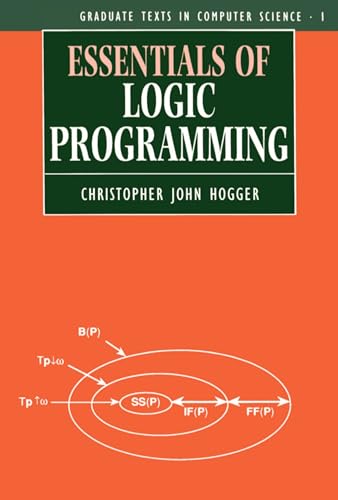Riassunto:
Logic programming has developed into a broad discipline within computing science, contributing to such fields as artificial intelligence, new-generation computing, software engineering and deductive databases. This new book presents the fundamentals of logic programming from both practical and theoretical viewpoints. It also covers various extensions of the formalism, its relationship to Prolog, its formal semantics and its applications to program analysis and transformation. The text is illustrated throughout with numerous diagrams. The material is organized into sixty modular themes, permitting many kinds of course to be based upon it; and it includes nearly seventy pages of detailed answers to all of the exercises.
Recensione:
This book should be of interest to any student in computer science.Zbl. Math.
'Examples and exercises (with answers) allow a leisurely but deep use of an enjoyable book.' ASLIB Booklist, Vol. 56, no.5, May 1991
'contains an excellent account of the logical basis of logic programming ... The account is well motivated and illustrated with many examples ... one of the most comprehensive and accessible accounts of logic programming available today ... The book contains a large number of well-chosen exercises with complete answers, and I think it would make an ideal course text.' Mike Spivey, Oxford University Computing Lab., Science of Computer Programming (Vol.17, Nos 1-3, December 1991'
Le informazioni nella sezione "Su questo libro" possono far riferimento a edizioni diverse di questo titolo.
![]()
